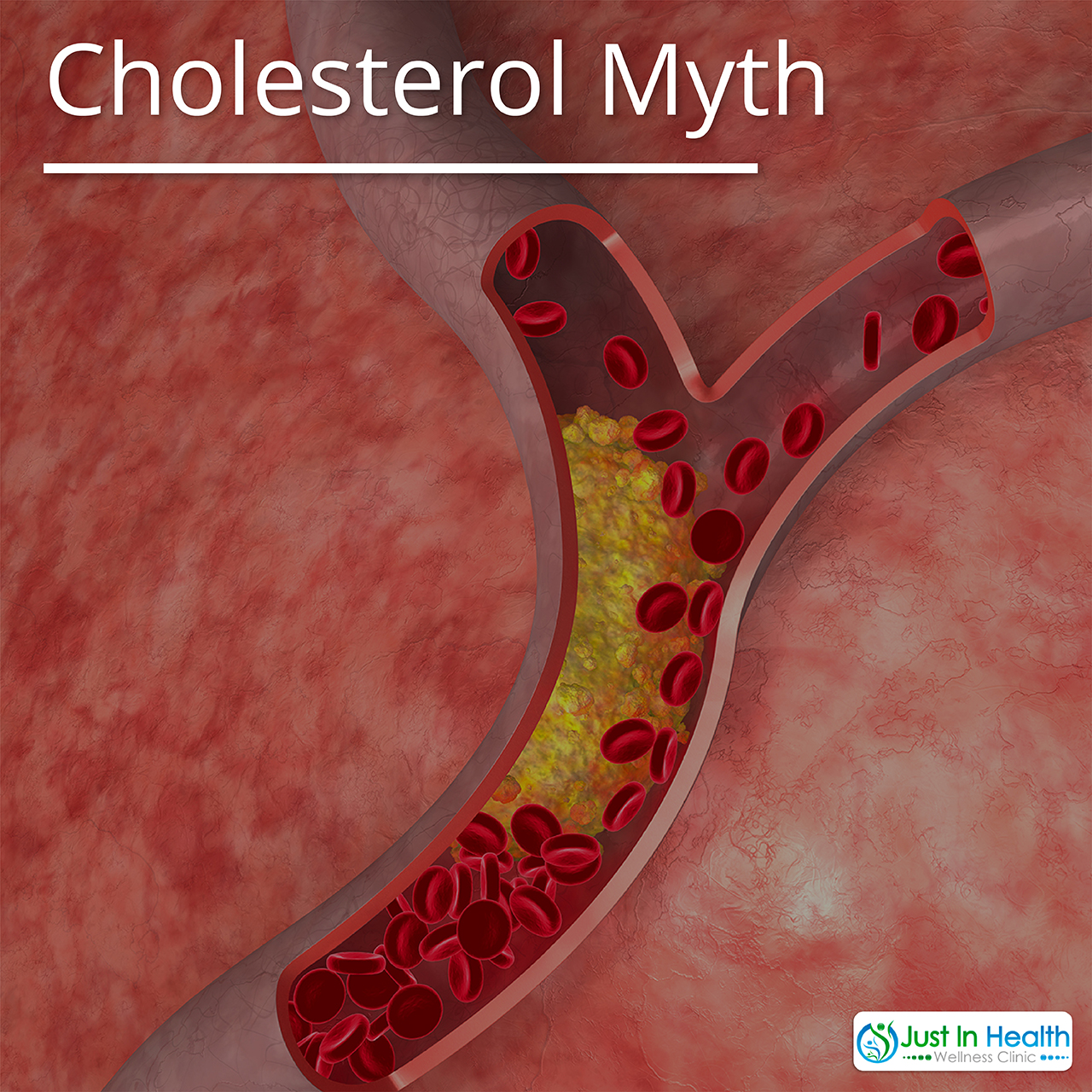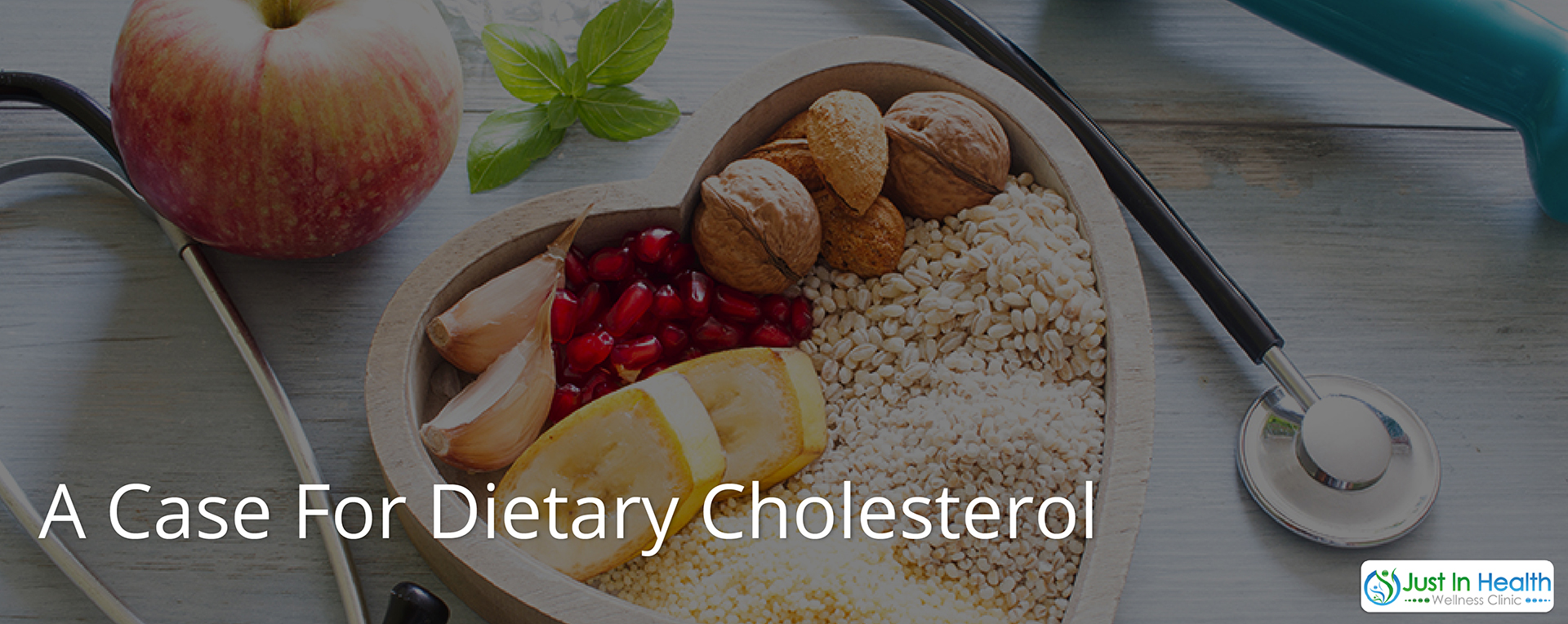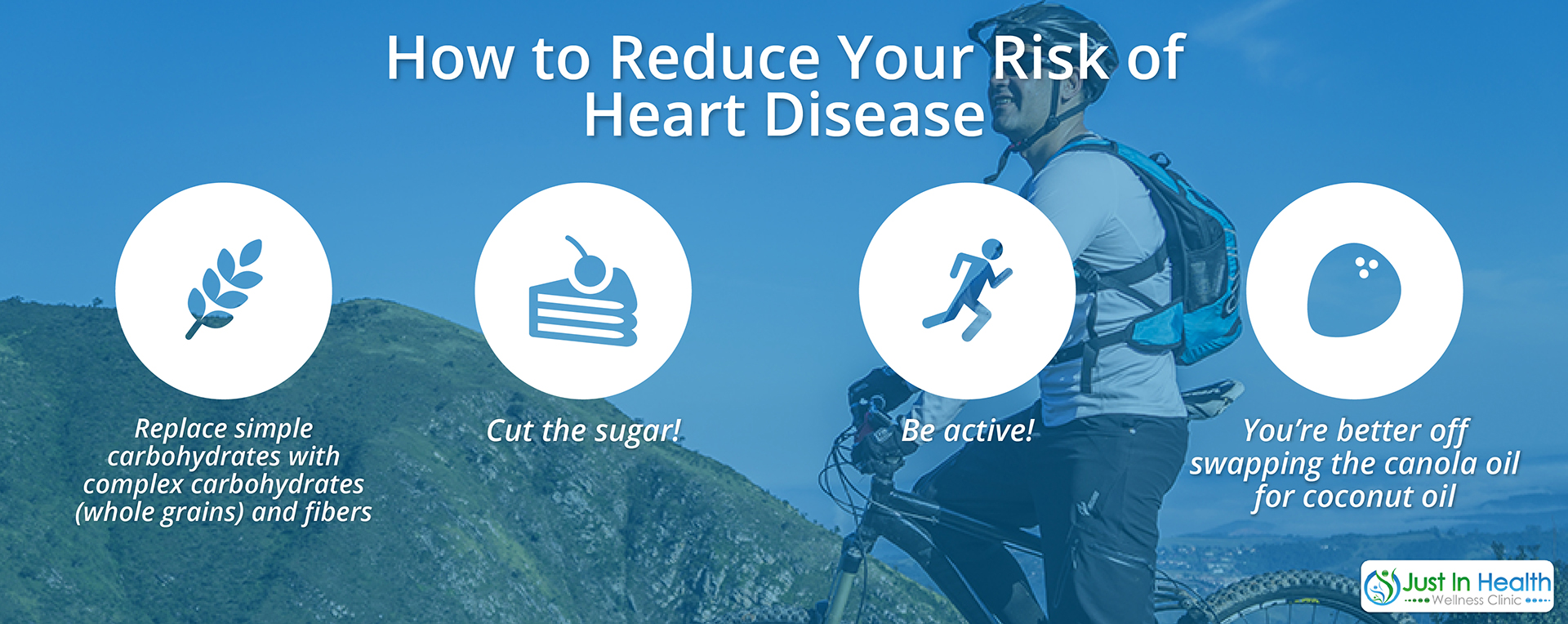

By Dr. Justin Marchegiani
If you’ve only been told what the general public has been told about cholesterol and heart health, you probably believe cholesterol is one of the prime culprits behind heart disease. But do we have enough scientific support to prove this statement, or it is just another health myth that’s been blindly taken for true?
According to the WHO (World Health Organization), almost 20 million cardiovascular deaths occurred in 2015, making them responsible for about 30% of the global death rate. It is obvious that we need to take extra care to ensure the health of our hearts, but it is also our responsibility to properly investigate medical and dietary recommendations. The objective of this article is to guide you through this process and to help you understand the role cholesterol plays in keeping us healthy. After reading this article, you will have the knowledge to decide for yourself whether or not you want to restrict dietary cholesterol!
There is a much controversy among researchers who have been investigating cholesterol as a contributory factor towards heart diseases. Cholesterol actually has many beneficial roles, and there is insufficient evidence to support claims that high cholesterol is correlated to death due to cardiovascular issues.
Click here to work with a functional medicine doctor to discover your cholesterol levels!
This is an important question to ask. The British Medical Journal (BMJ) conducted research which showed that lowering cholesterol levels by switching to a cholesterol-free diet could not reduce the cardiac diseases related death rate.
Dietary guidelines promote vegetable oil over saturated fat, and this is reflected in national spendings on vegetable oils. However, dietary saturated fat has been shown to reduce the chance of heart attacks, whereas vegetable oil may actually increase this risk. Other factors that may cause increased cholesterol levels in the blood include:
Cholesterol is one of the primary constituents of cell membranes and plays a major role in the maintenance of normal human cellular physiology. Cholesterol takes part in protein interaction and in signaling systems inside the body. Steroid hormones and bile acid are actually composed of cholesterol!
Research conducted in the 1960s reported cholesterol has no impact in the formation of atherosclerotic plaque. When the British Heart Foundation showed their skepticism, scientists in New York re-evaluated these findings by using new technology. This more advanced technology turned up the same results: increased cholesterol levels, specifically LDL-cholesterol, does not cause plaque progression. This is made obvious due to the fact that cholesterol lowering drugs are unable to lower the risk of death for patients who take these drugs. What’s more, according to the BMJ Open journal publication, almost 92% individuals with high cholesterol level have longer life span!

In 1960, the American Heart Association guidelines made the recommendation to stop eating eggs due to their high saturated fat content. This started the dietary trend of restricting egg consumption in an attempt to be heart-healthy. However, research conducted by Harvard involving more than 80,000 female nurses showed that eating eggs daily does not increase the risk of cardiac disease. It’s important to keep an open mind, seeking out evidence-based research rather than blindly trusting paid-for promotional gimmicks. The “fear” of eggs is starting to reverse, as a recent dietary recommendation published by U.S. Dietary Guidelines reported that egg yolks is an important source of protein. A good step forward!
A survey conducted in South Carolina also support a saturated-animal-fat rich diet, which includes foods such as meat, eggs, whole milk, butter, cheese, and bacon, as their research proved there is no correlation between blood cholesterol levels and dietary fat intake ratio.
The Lancet publications are one of the world's oldest and best known general medical journals. One Lancet publication stated that 74% of plaque formation in the arteries is associated with unsaturated fat sources, including canola oil. Attempting to reduce your risk of cardiovascular issues by cutting natural sources of saturated fat (like butter) is not where our focus should be, as this study proves that unsaturated fats are the real culprit destroying our health.
Statin drugs are one of the established pharmaceutical brand medications for lowering cholesterol levels to “reduce the risk of heart disease.” Statin drugs are frequently prescribed to patients at risk for cardiovascular problems, but their effectiveness is not proven, and the list of side effects is long.
Continuous intake of statin drugs can cause fatigue since energy production become reduced. These medications increase the risk of blood clogging up the arteries (atherosclerosis) and heart failure by decreasing vitamin K2 absorption. Side effects also include diabetes, cancer, musculoskeletal disorders, neurodegenerative disease, and cataracts.
The effectiveness of statin medications preventing heart attacks or death from heart attacks is negligible, as multiple studies have revealed that statin therapy can only produce a 0.6% risk reduction of having a heart attack when compared to rates of patients who did not take statin drugs.

So we see that not only do statin drugs not protect against cardiovascular disease, they also come with a long list of dangerous side effects. So what can you do to lower your risk? Here are some tips to live a healthy life:
Click here for a professional health consultation and start feeling better today!
References:
https://www.ncbi.nlm.nih.gov/books/NBK45688/
https://www.bhf.org.uk/heart-matters-magazine/news/behind-the-headlines/cholesterol-and-statins
https://www.ncbi.nlm.nih.gov/books/NBK351/
https://www.ncbi.nlm.nih.gov/pubmed/18615352
https://www.hsph.harvard.edu/nutritionsource/cholesterol/
http://www.ravnskov.nu/2015/12/27/myth-6/
http://ajcn.nutrition.org/content/78/3/544S.full